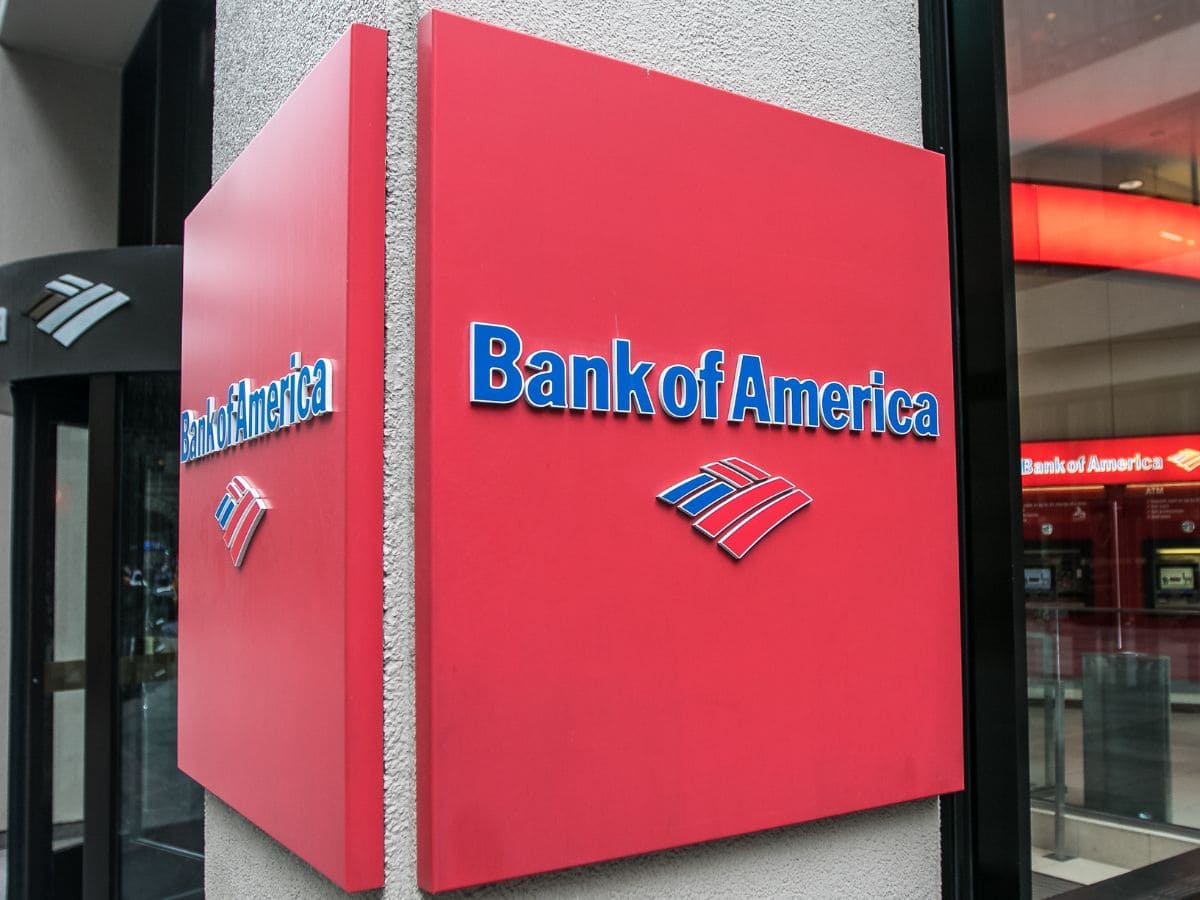Bank of America, one of the most important financial institutions in the United States, has a section on its website explaining to its customers the circumstances under which a bank account can be classified as abandoned property.
The financial institution has protocols in place for dealing with accounts that are classified as inactive or abandoned, a decision that could result in the blocking or transfer of funds to state custody. According to the Cronista media outlet, the bank explained that this policy is in accordance with the laws in force in each state and seeks to comply with regulations on unclaimed assets.
The information that can be seen on the bank’s own website explains the procedures and actions necessary to prevent a bank account from being deactivated. In many cases, prolonged inactivity, generally three years or more, can cause the account holder to lose access to their funds if they do not act in time. For this reason, Bank of America urges users to take proactive measures to keep their accounts active and protected.
Why can an account at Bank of America be blocked?
According to the bank, an account can be considered abandoned if there is no activity for a long period of time, usually more than three years. In this situation, the bank is obliged to notify the account holder and, if no response is received, to transfer the money to the relevant state agency.
“The legislation of each state defines when an account is considered inactive and at what point we must transfer it to the state,” explained Bank of America. This measure not only affects checking and savings accounts, but also other financial products such as Individual Retirement Accounts (IRAs), Certificates of Deposit (CDs), uncashed cashier’s checks, securities, stocks, and safe deposit boxes.
Bank recommendations to avoid being blocked
To prevent accounts from being classified as abandoned, Bank of America suggests that its customers take the following actions:
- Make regular transactions in checking or savings accounts.
- Frequently check balances and activity through online or mobile banking.
- Update personal information, such as address and phone number.
- Cash checks and financial documents before they expire.
In addition, the bank recommends the use of digital tools that allow customers to receive personalized alerts and actively monitor the status of each account. These measures can be key to avoiding the loss of access to funds or unnecessary legal proceedings.
In an increasingly regulated financial environment, Bank of America reminds its users of the importance of keeping their accounts up to date and active. The warning also comes in the context of other changes recently implemented by financial institutions in the US, including modifications to money transfer platforms such as Zelle. Staying informed and taking action in time can be the difference between keeping or losing control over money.








